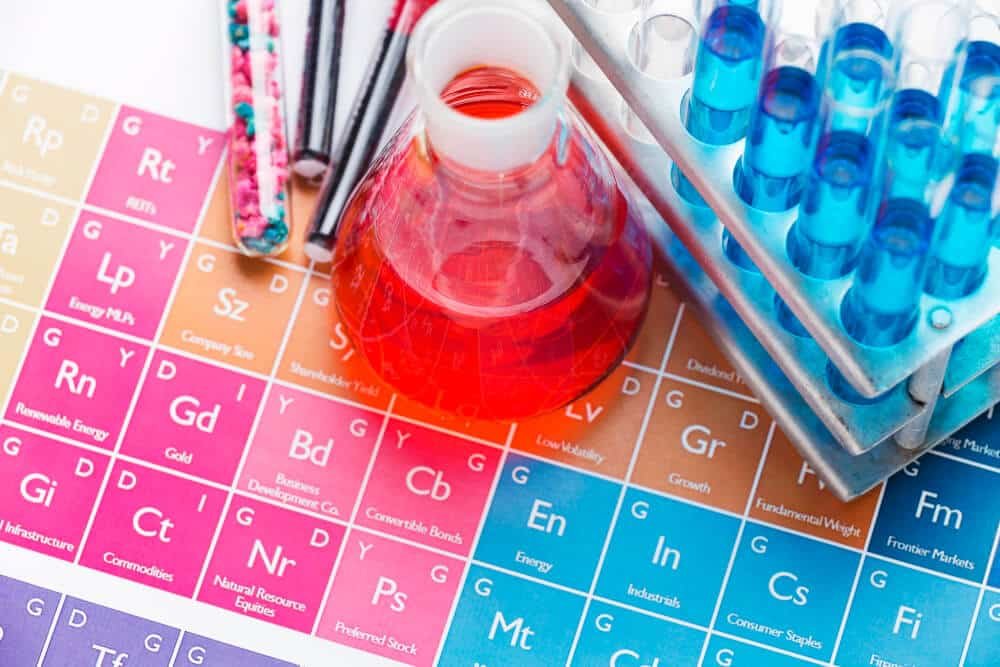Chemistry is a subject that contains facts which might be quite shocking or surprising to gulp in but it widens your knowledge about even the minutest of particles hovering around in your surroundings. What can be more wonderful than recognizing everything and knowing exactly why and how things are going on?
Chemistry is necessarily a subject that students and sometimes even teachers might need help in. The help needed is mostly in homework and assignments. Therefore, in times like those, all you have to do is ditch your fear and take help from online assignment making sites like ours who will not only clear your doubts (if you have any) but provide you with ready made assignments and homework at your doorstep too.
Since Chemistry is a subject consisting of weird facts which come across as unbelievable at times, here is a list of seven weird chemistry facts that we feel you must know:
1.   Drinking too much water can take away your life
A. It is true that 70% of human body is made up of water and every second you lose the water content in your body by sweating, urination, excretion and exhaled breath.
B. Although it is important to restore the water content in your body, over rehydration i.e. over consumption of water can prove to be fatal for your body.
C. It can result in destructive water overdose.
D. Unlike other organs, brain cells have no space to swell and expand as a result of which, when the excess water enters the brain cells, they swell and it leads to seizures, coma, respiratory arrests etc.
E. Eight x eight ounces of water is the maximum water you are supposed to consume per day.
F. If you consume more water than the amount stated above, it might prove fatal for you.
G. You should not drink more water than what you are losing while exercising. There have been cases where people have died of over consumption of water.
H. A 28-year old California woman died of over consumption of water. She consumed 6 liters of water in three hours for a competition and ended up vomiting and then died of water intoxication.
2.   Helium cannot be solidified at ordinary pressures
A. Helium is the sole element that does not solidify at ordinary pressure. ‘Ordinary’ referring to the standard air pressure which is 1 atmosphere.
B. It can be solidified only when the pressure is increased and temperature is decreased.
C. When the temperature of Helium is reduced to around 5.2 K, a stage transformation to normal liquid Helium happens. The behavior of this liquid stage is similar and ordinary like any other liquid stage.
D. Temperature is then reduced to a considerable extent with no changes in pressure which results in unchanged state of matter of helium.
E. It is only when pressure is increased to 25 atmosphere or more that helium solidifies.
3.   Hot water freezes faster than cold water
A. It has been observed for centuries by eminent scientists and observers that hot water freezes faster than cold water.
B. Eminent thinkers like Aristotle and Francis Bacon were also unable to work out how or why this happens. However, the mystery has now been solved.
C. Water molecules are made up of two molecules of hydrogen that are bonded covalently to produce a single atom of oxygen.
E. The bonds which involve water sharing electrons are okay. But the separate water molecules which are bound together by weaker forces of hydrogen bonds occur when one hydrogen atom from one molecule sits close to one oxygen atom then next, they give rise to the Mpemba effect which causes the hot water to freeze faster than cold water.
4.   Gallium is the only metal that melts in your hand
A. Gallium is a rare metal that melts in human hands and attacks other metals.
B. It’s distinctive and unique properties makes it stand out from the rest of the metals.
C. It is a brittle metal with a melting point of just 29.76 degree Celsius (85.57 degree Fahrenheit) as a result of which, on keeping it in your hand for long enough, it will melt in your hand.
D. It is so strong that with a single drop of liquid gallium on a can of coke, it becomes so soft that it gets pierced with a simple pressing of your thumb in it.
5.   Half liter of alcohol + half liter of water is not equal to 1 liter volume
A. Yes it’s true. Half a liter of alcohol when mixed with half a liter of water does not result in 1 liter volume.
B. The volume of the liquid is less than 1 liter in the condition which has been stated above.
C. Alcohols have maximum weight of 0.8 because of which when the two liquids are added, the volume is less than 1 liter.
6.   Some radioactive elements do glow
A. Not all radioactive elements glow but some do glow.
B. Radon is a radioactive element that glows. It usually exists in gaseous state but when it gets cooled, it turns into phosphorescent yellow and changes into glowing red as it is chilled below freezing point.
C. Actinium gives out a pale blue light in a dark room and hence, glows.
There are other radioactive elements that glow but they glow only when desired conditions are fulfilled.
7.   Liquid oxygen is blue in color and paramagnetic in nature
A. Liquid oxygen has a pale blue tint and is paramagnetic in nature.
B. It has such strong paramagnetic properties that it can be attached between the poles of horseshoe magnet.
The facts stated above are absolutely true and I’m sure it has left you thinking. Rushing for your chemistry books now, are you? Well, if this article has helped you and provided you with weird chemistry facts that you did not know before, then refer to ‘Top fun and interesting Chemistry Facts’ for more interesting facts about chemistry.

